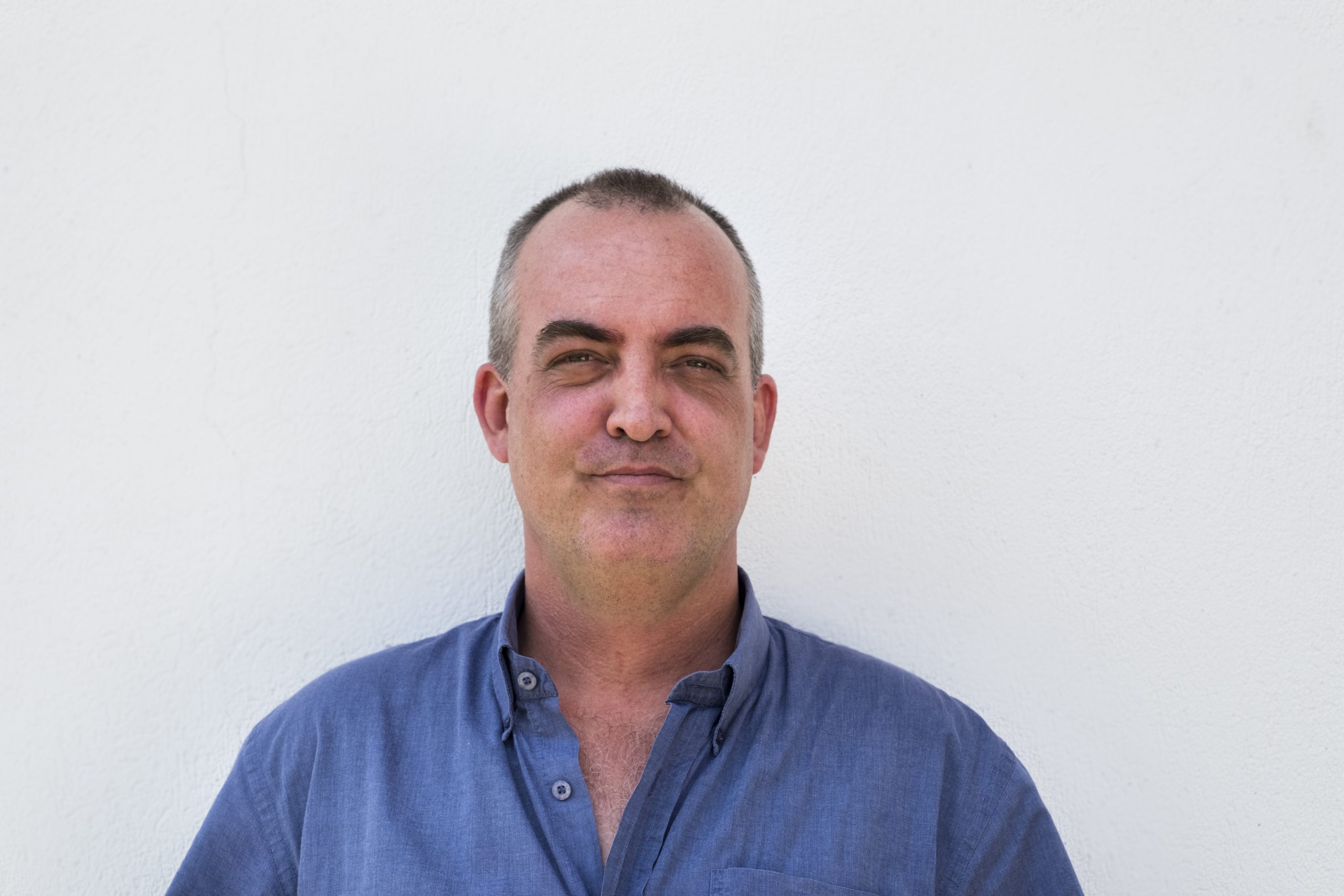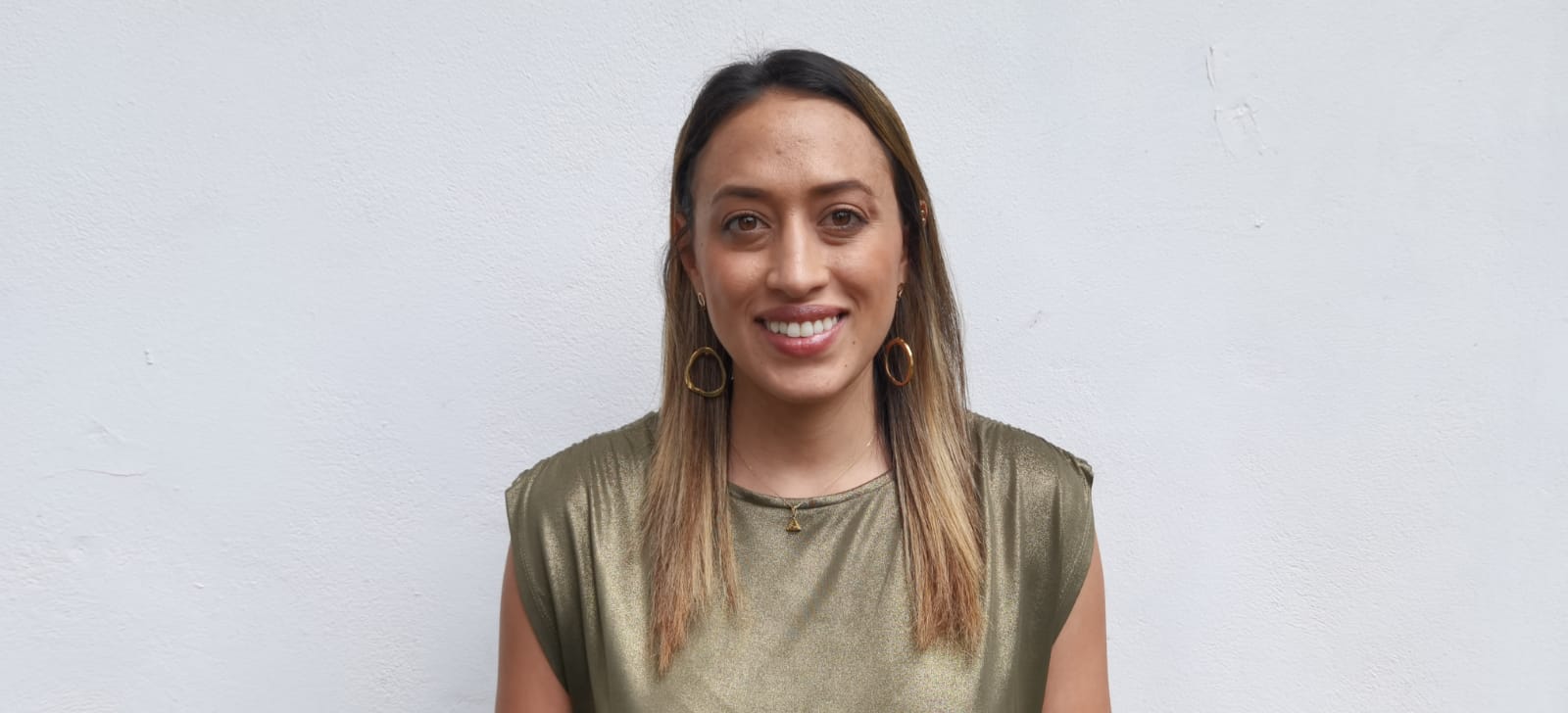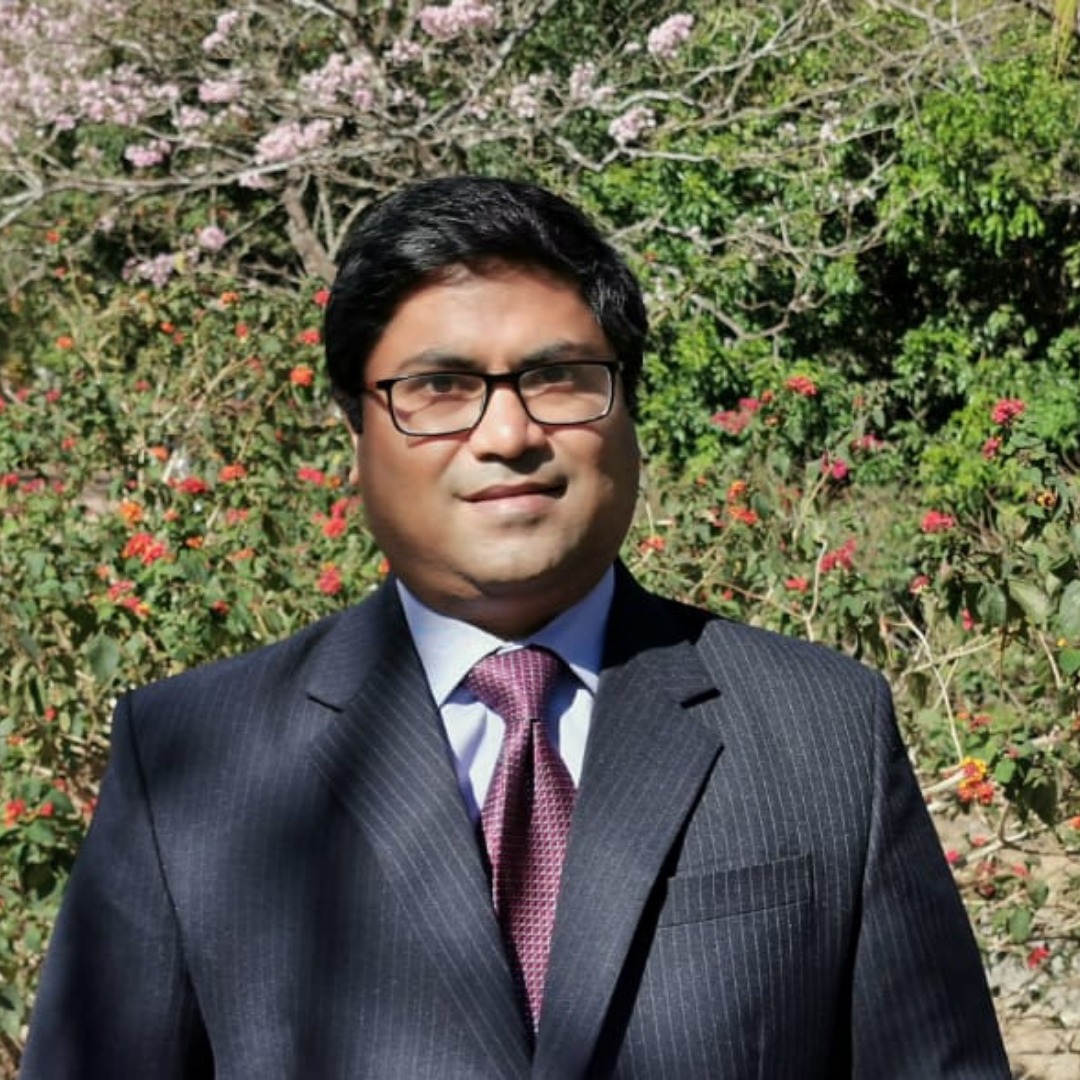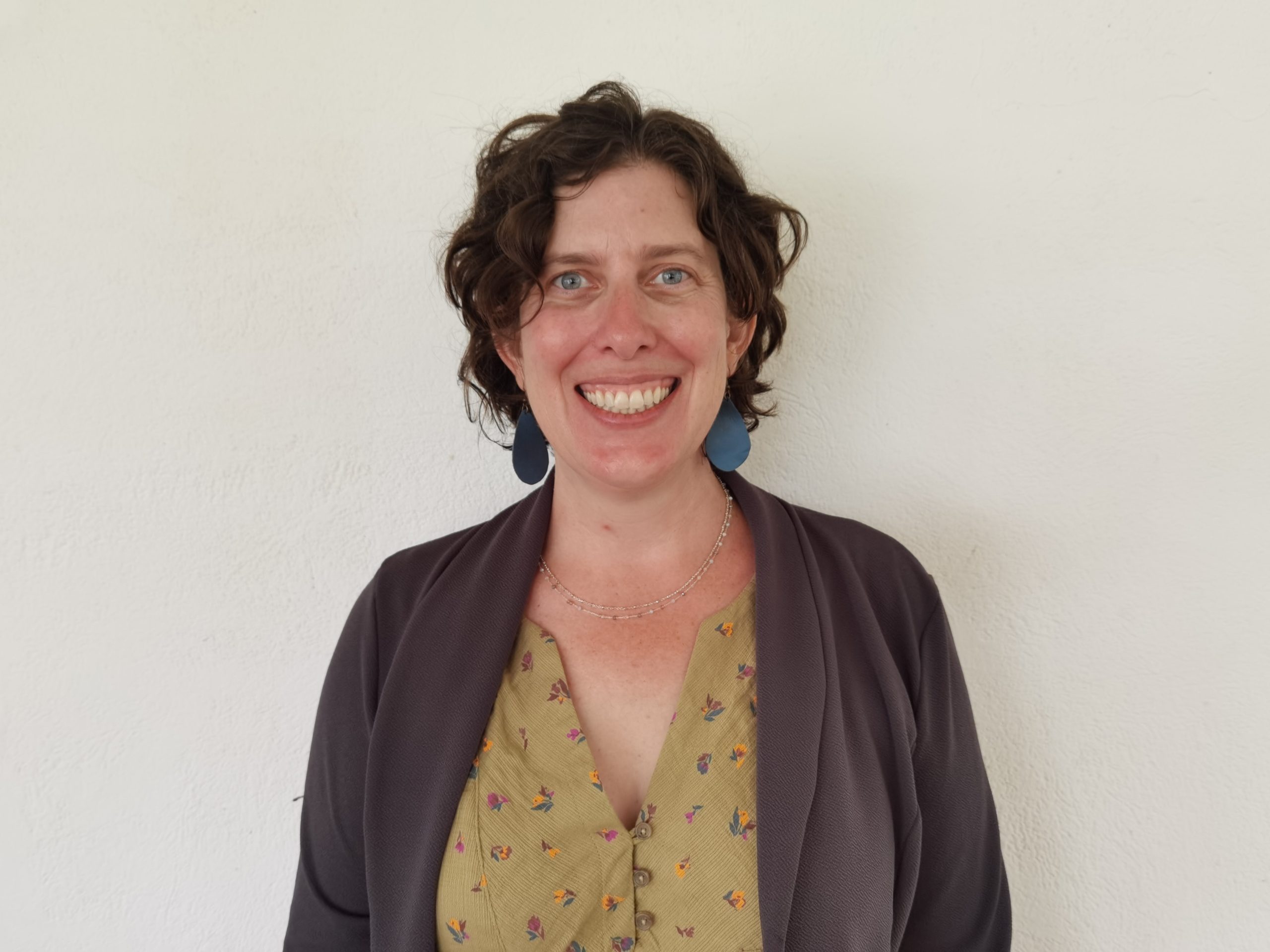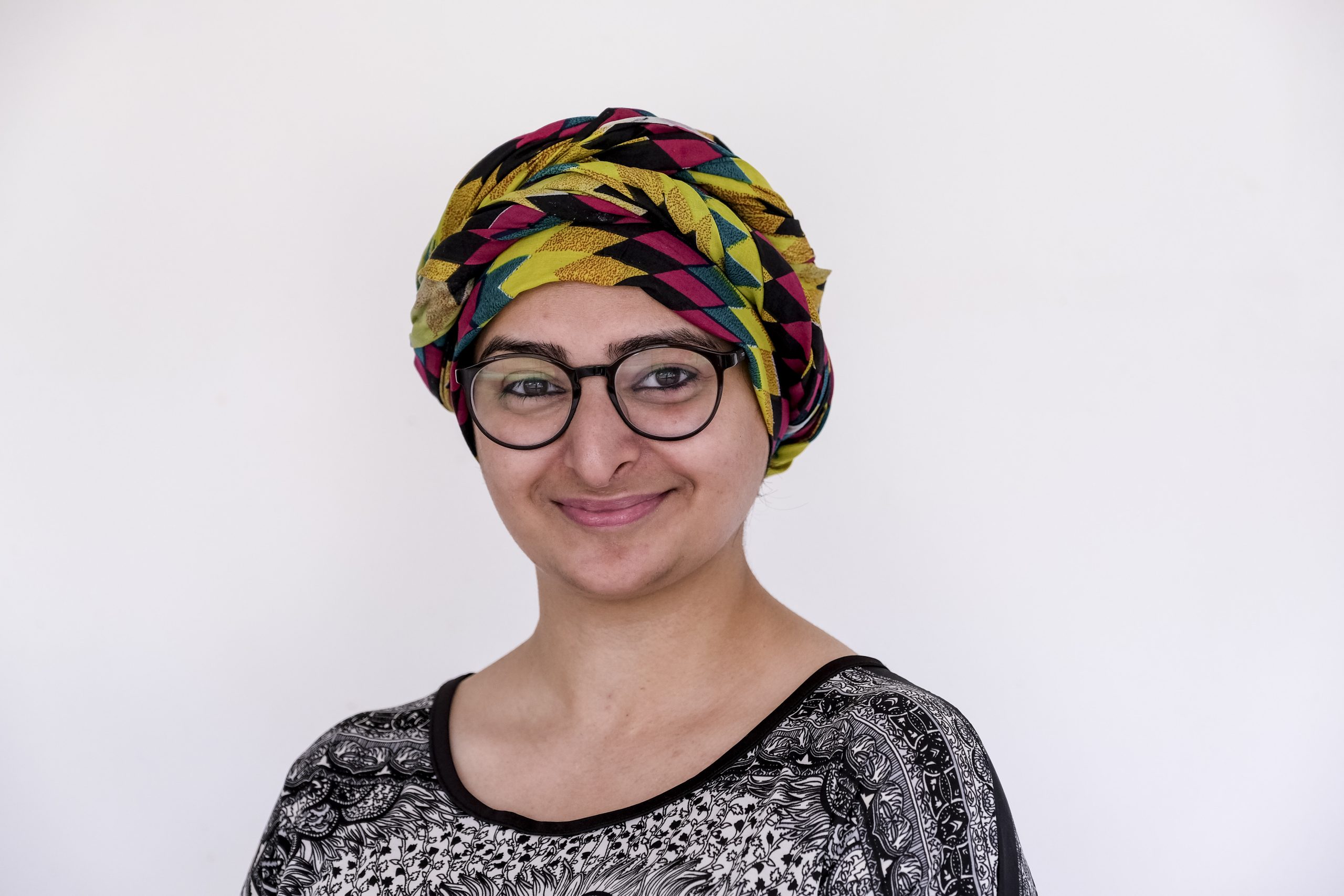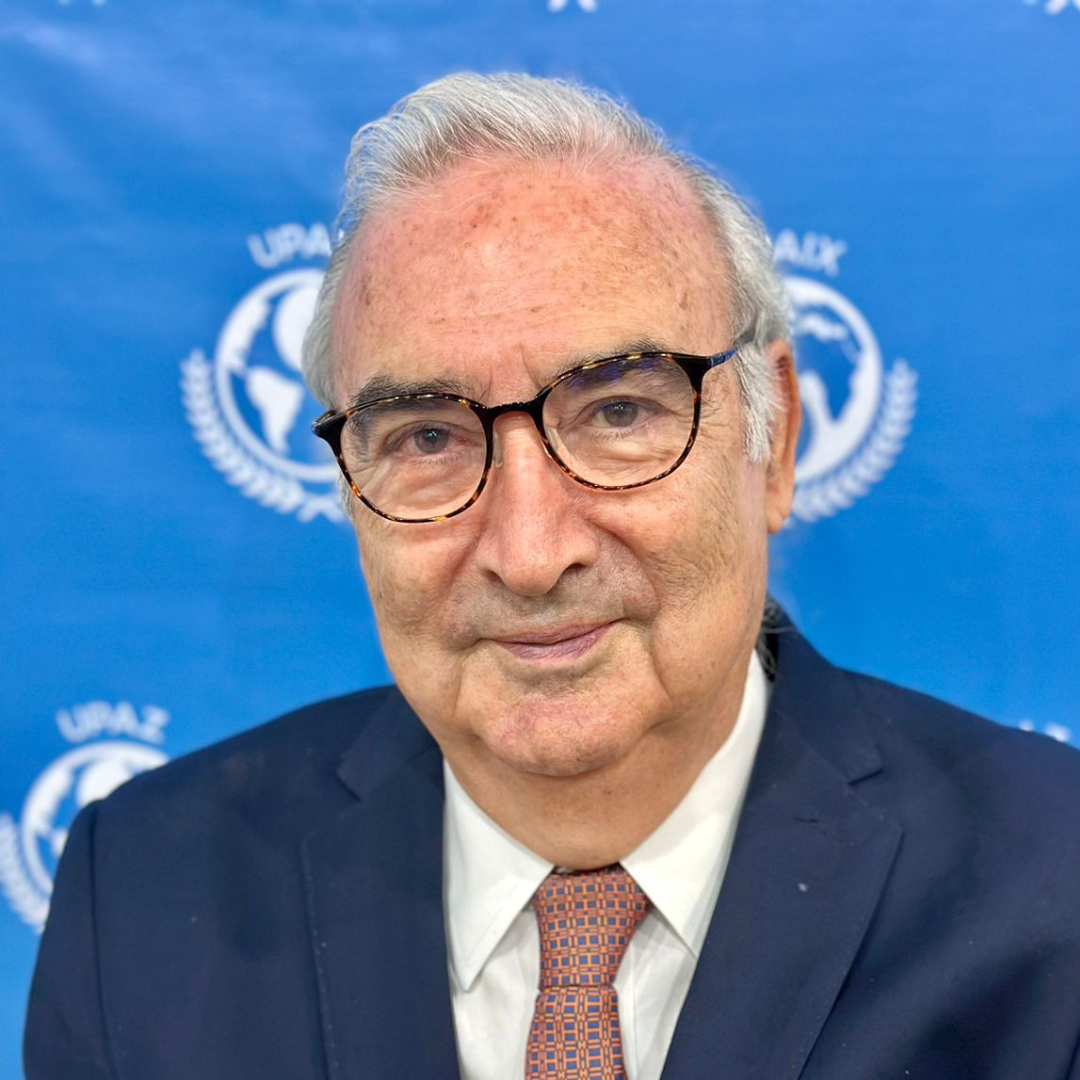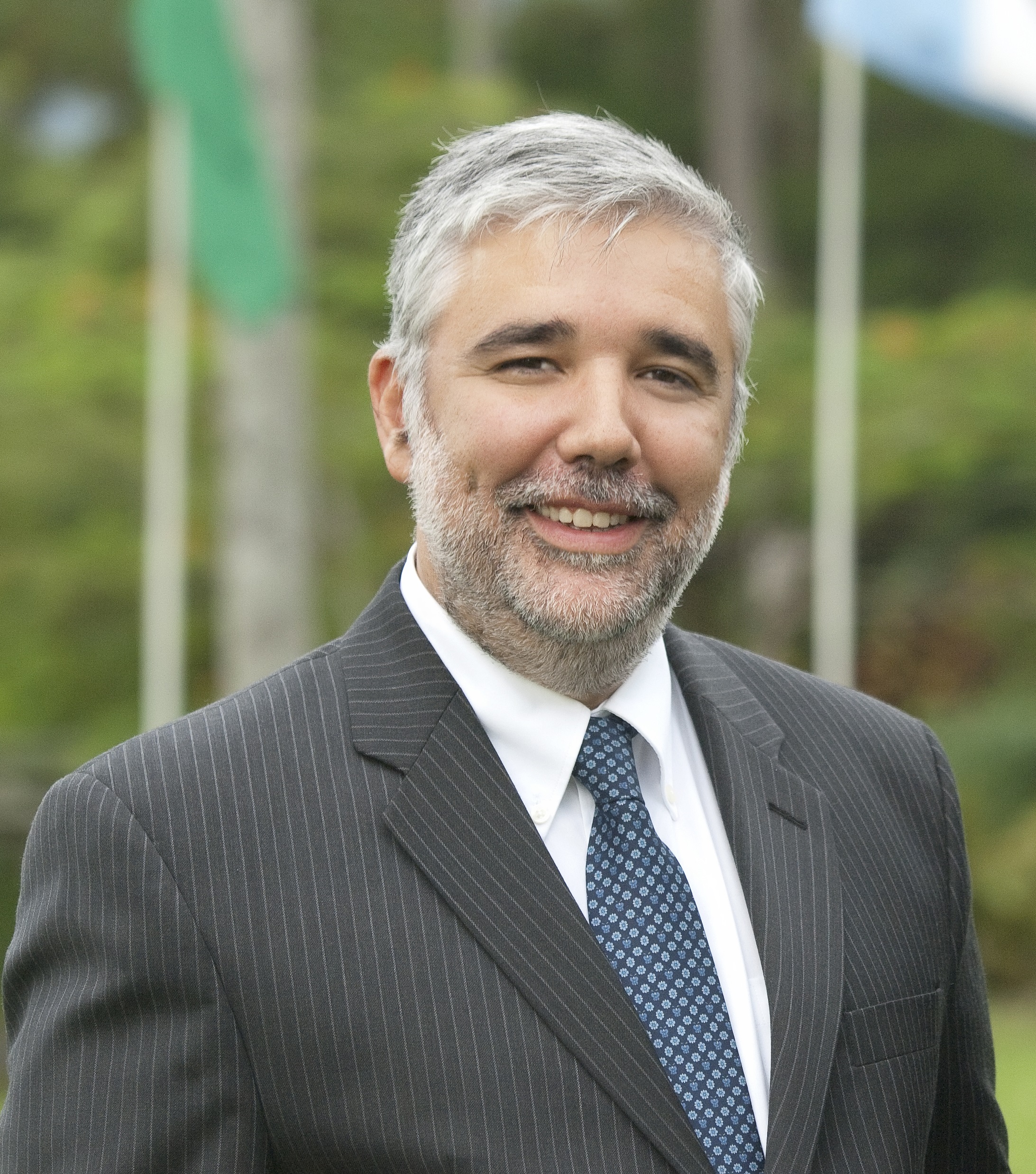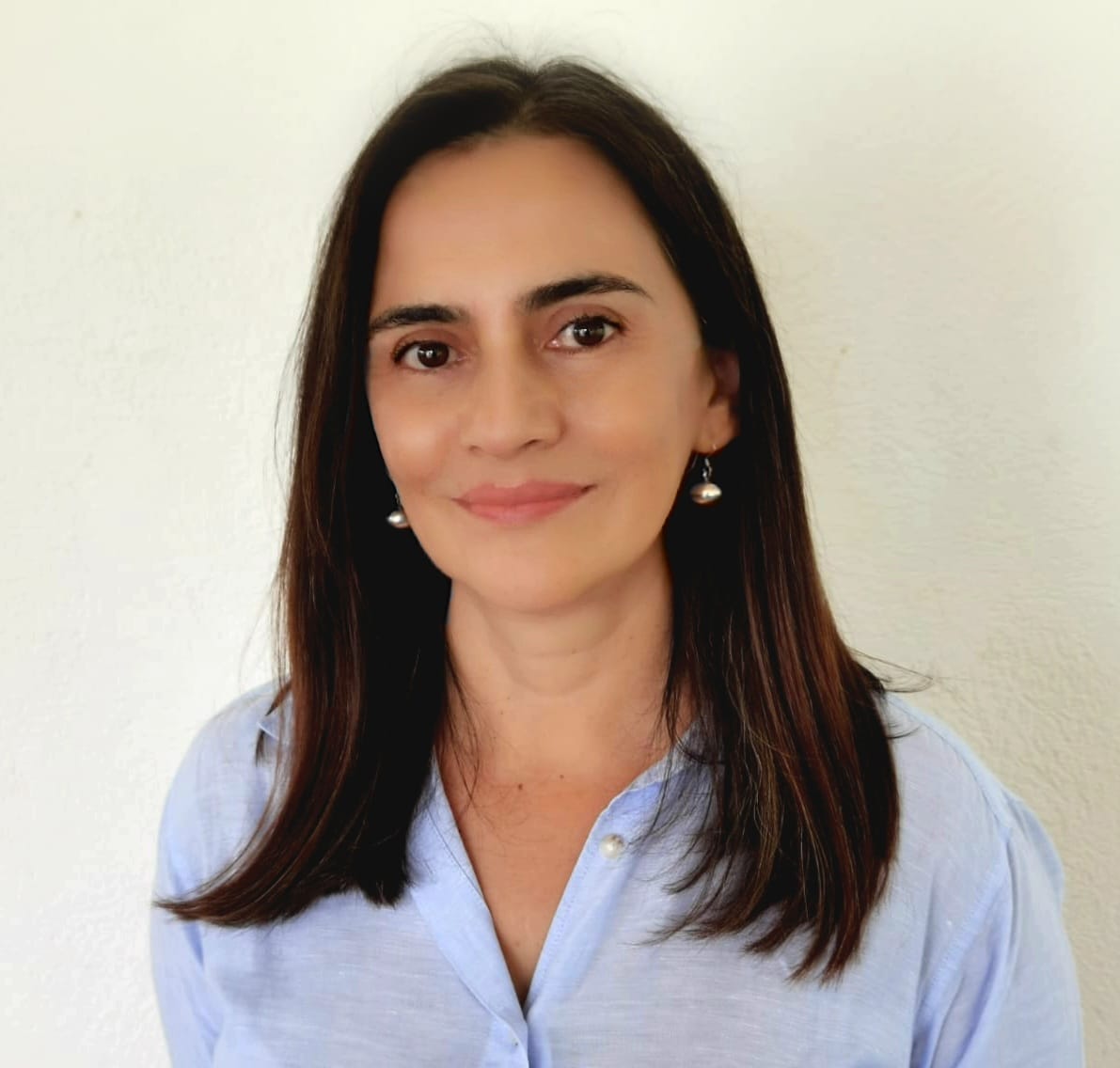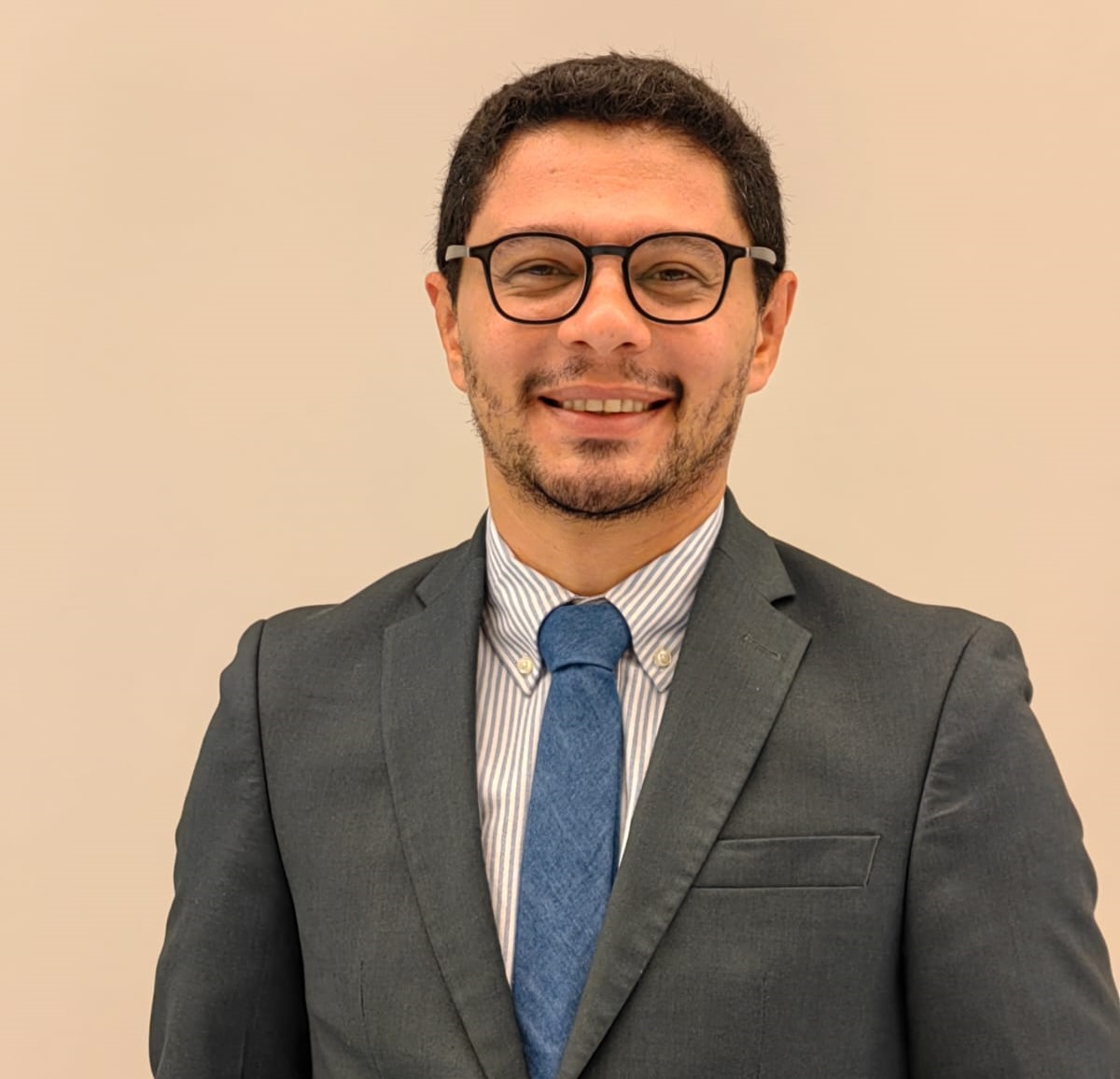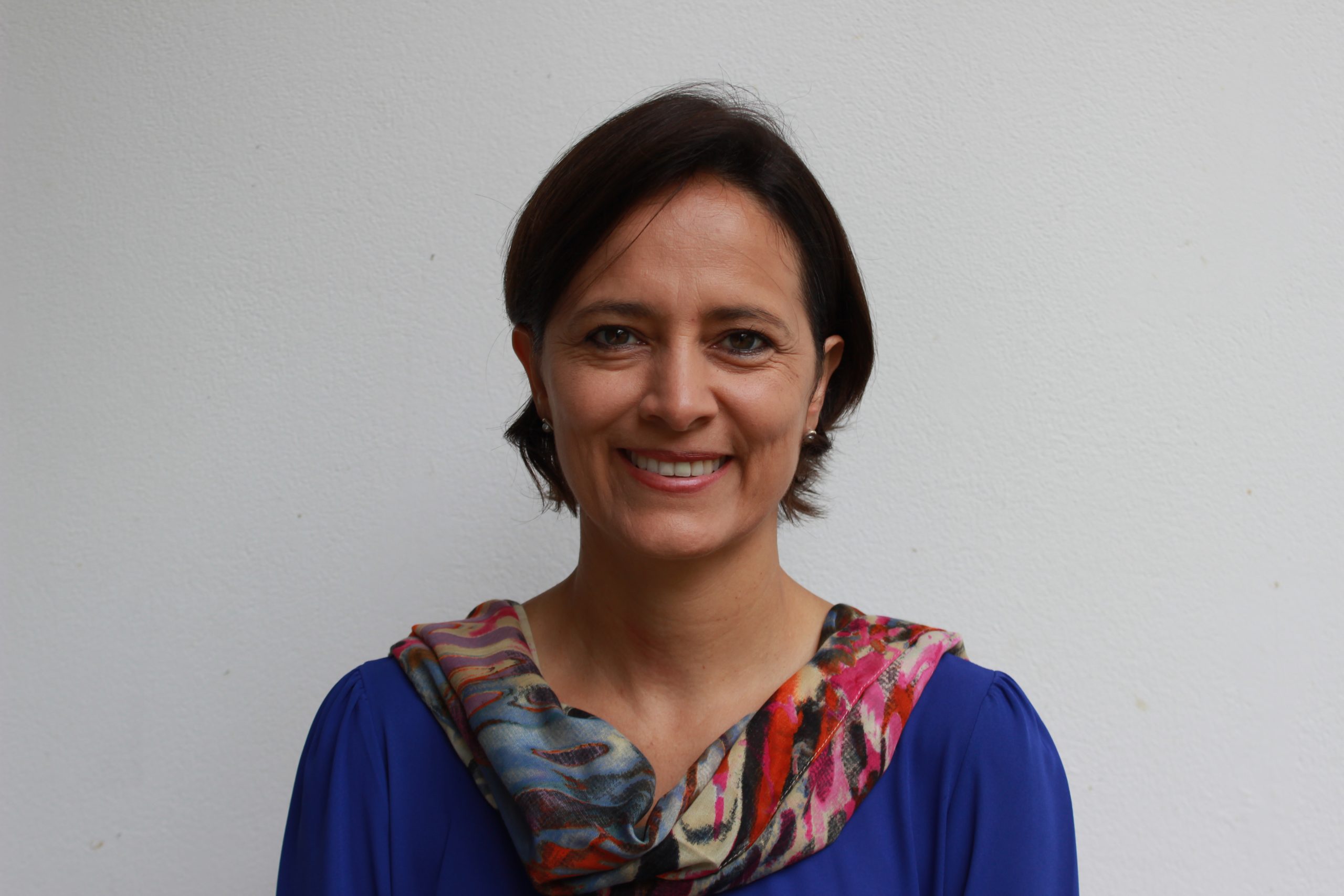Doctoral Degree Programme in Peace and Conflict Studies
Modalities
Part-time & Full-time
Programme Start Date
August of every year
Doctoral Degree Programme in Peace and Conflict Studies
The UPEACE Doctoral Programme in Peace and Conflict Studies – coordinated our of our main campus in Costa Rica – is an advanced degree to develop in-depth research expertise and prepare students for a life of scholarship in an academic discipline related to irenology. It seeks to provide students with a holistic and interdisciplinary theoretical understanding of diverse themes and problems in peace and conflict studies, as well as strategies in peacebuilding.
The programme offers a broad range of research foci and specializations including, though not limited to, environmental security, gender, international law, peace and conflict studies, media, peace education, and sustainable development.
Interested students can choose to enroll in one of the two modalities offered by UPEACE:
- Full-time: this modality is designed to be completed in three years and requires candidates to remain in Costa Rica for the duration of the programme, except when completing data collection, if necessary.
- Part-time: this modality is designed to be completed in four years, and can be chosen by students who prefer to stay in their country of residence and who may choose to continue working while they complete their research, albeit on a reduced schedule.
Because the Doctoral Programme seeks to develop research expertise, both modalities require a high level of academic rigor and are held to the same high standard.
About the Doctoral Degree Programme
General Information
The UPEACE Doctoral Programme is an advanced degree to develop in-depth research expertise and prepare students for a life of scholarship in an academic discipline related to irenology. It seeks to provide students with a holistic and interdisciplinary theoretical understanding of diverse themes and problems in peace and conflict studies, as well as strategies in peacebuilding.
The programme offers a broad range of research foci and specializations including, though not limited to, environmental security, gender, international law, peace and conflict studies, media, peace education, and sustainable development.
Interested students can choose to enroll in one of the two modalities offered by UPEACE:
- Full-time: this modality is designed to be completed in three years and requires candidates to remain in Costa Rica for the duration of the programme, except when completing data collection, if necessary.
- Part-time: this modality is designed to be completed in four years, and can be chosen by students who prefer to stay in their country of residence and who may choose to continue working while they complete their research, albeit on a reduced schedule.
Because the Doctoral Programme seeks to develop research expertise, both modalities require a high level of academic rigor and are held to the same high standard.
Independently of the modality chosen, at the end of the programme students will have developed a sophisticated understanding of research practices and methodologies, will have internalized sound scholarly value and academic integrity, and will have begun to develop a record of published research and conference presentations.
Upon successful graduation from the UPEACE Doctoral Programme, students will obtain the title of “Doctor of Philosophy”, and they will be prepared for university teaching, research, or advanced positions in Peace and Conflict Studies-related professional fields.
Eligibility and Admissions
The University for Peace (UPEACE) accepts applications on a rolling basis exclusively in electronic format through our online application form. Applicants are advised to gather all supporting documents and required information before submitting the form. The Doctoral Committee reviews applications once per year after 15 September. Only applications completed before this date will be considered in the Doctoral Committee Admissions Meeting.
The quality of an application reflects the quality of the applicant. Misrepresenting accomplishments, borrowing from others’ work without proper acknowledgment, or submitting material that has been written, rewritten, or heavily edited by others, or produced by Gen-AI, is unacceptable. Such breaches will result in the immediate rejection of the application.
Each application must include the following ocuments:
- Statement of Purpose
- Concept Paper
- Curriculum Vitae or Résumé
- Writing Sample
- Two (2) Letters of Recommendation
- Official Graduate Transcripts and Copy of Graduate Diploma (Master’s Degree)
- Publication/Writing Sample
- Financial Form
- Copy of Passport (Photo Page)
- Passport Size Photo
- English Proficiency Test Scores Report (TOEFL, IELTS).
For detailed admissions requirements, click here.
Application Periods
The Doctoral Committee reviews applications only once per year. Applications received after the deadline will be considered for the following academic year.
- Deadline for submission of applications 15 September.
- All admitted students will begin their academic year in August of the following calendar year.
For more information on the application process, please review the application guide here or contact doctorate@upeace.org or dccoordinator@upeace.org
UPEACE Costs
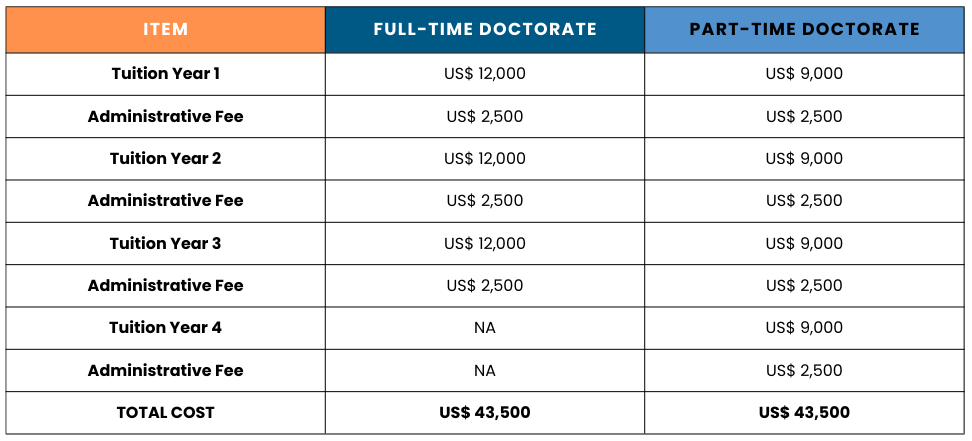
Conditions of UPEACE Scholarships & Financial Assistance
UPEACE is a not-for-profit institution and has limited funds for financial assistance. Therefore we strive for balance, diverse class composition, and merit in distributing financial assistance among admitted students.
The prospective applicant has to be admitted to UPEACE in order to receive any possibility of financial assistance from the University, the latter of which is subject to the following conditions:
- The financial assistance awarded is non-negotiable.
- The scholarships/waivers do not apply to the US$ 2,500 administrative fee. This fee is mandatory for all students and is non-refundable if the student wishes to withdraw from UPEACE before completing their degree. Admitted students must comply with this financial obligation to UPEACE according to the required deadline outlined in their official admissions documents and Doctoral Programme Guidelines.
- Applicants are only eligible for one waiver category per application period. Waiver categories cannot be combined.
- If you receive a scholarship from another institution, you are obligated to inform the UPEACE Admissions Office, so that it can revert the waivers granted by UPEACE.
- Applicants eligible for a 50% waiver must apply directly through the UPEACE Admissions Office.
Automatic Scholarships/Waivers
30% Tuition Waiver (Automatic)
Available to Doctorate students that meet one of the following criteria:
- Citizens of a State party to the International Agreement Establishing UPEACE
- Citizens of a State co-sponsoring the 2024 Resolution of the UN General Assembly on UPEACE
- Students who have received an undergraduate or graduate degree from a partner university (inquire with our Admissions Team)
- Peace Corps veterans
50% Tuition Waiver (Automatic)
Available to M.A. and Doctorate students that meet one of the following criteria:
- Professors from a partner university
- Costa Rican citizens and residents (host country)
- Current, full-time UN employees and volunteers
- Documented refugee or asylee
- Indigenous Person
Merit-based Waivers
- 30% or 50% Tuition Waiver (Merit Based): Available to applicants who do not fall into the above categories. These waivers are limited in number and are awarded based on merit, not financial need. Requests must be made during the application process.
- 100% Tuition Waiver (Merit Based): This scholarship is offered by the UPEACE Doctoral Committee based on the alignment of the applicant’s doctoral proposal with ongoing research projects within UPEACE’s academic departments. Recipients are still responsible for the administrative registration fee and their own living expenses. These scholarships are limited in number and awarded based on merit, not financial need. Requests must be submitted as part of the application process.
- Full scholarship (Merit Based): This scholarship is offered subject to the availability of funds and is awarded by the UPEACE Doctoral Committee based on the alignment of the applicant’s doctoral proposal with the specific call for applications issued by UPEACE. Selected students will be responsible for paying administrative fees and will receive monthly stipends in accordance with the financial terms outlined in the scholarship offer.
Scholarships are awarded for a fixed duration. If a student does not complete the Doctoral Programme within the agreed timeframe, they will be responsible for covering any financial obligations related to the additional time needed to complete their research. The amount owed and the payment schedule will be determined based on the extra time required and the applicable annual tuition fees.
Doctor of Philosophy, UPEACE Headquarters
- Abhinav Kumar Mishra, India, “AI for Peace: Legal Framework for Regulation of Robotics for Peace”
- Anastasia Perevalova, Russia, “Virtual Reality as a Tool for Empath Building, Promoting the Values of Peace in Conflicts ”
- Andrés Arturo Morales, Costa Rica, “Peacebuilding Through Non-formal Education: Study of the Practices, Activities and Programmes of the World Scout Movement”
- Andrew Colin Mackay, United Kingdom, “Cross-Border Illicit Financial Flows: The Role of Professional Non-financial Bodies as Enablers of Transnational Organized Crime”
- Antonio José Henríquez García, Venezuela, “The Role of Anti-Financial Crimes/AML Legislation in Promoting Peace in Latin American and the Caribbean Region”
- A-Young Moon, South Korea, “Post Colonial Critical Pedagogy and Militarism – A Reading of Michael Apple’s Can Education Change Society”
- Beena Peter, India, “Violence in the Migratory Process: Study of the Undocumented Migrants That Travel From South and Central America, and Mexico to United States”
- Candido Modesto Bardalez, Belize, “Creative Strategies to Conflict Prevention and Resolution in Belize: School – Community Partnerships”
- Clara Helene Ramin, Germany, “River Rights as an Innovative Tool for Community Health and Environmental Peacebuilding in Latin America?”
- Cornelis Adelbertus Wiebering, The Netherlands, “Resilient Online Dialogue for Peace”
- Davide Rancati, Italy, “Sacrificed on the Altar of War: Case Study of Child Recruitment as a Form of Human Trafficking in the Russian-Ukrainian Armed Conflict”
- Italo Ribeiro Alves, Brazil, “The Application of the Cartagena Declaration and Other Potential Pathways to Protect Climate Change Forcibly Displaced Individuals in Brazil”
- Jarvas Benedict Zungumbia, South Sudan, “Good Governance and Political Architecture for Newly Established States: The Republic of South Sudan as an Illustration”
- Jehyeok Jee, South Korea, “Human Security in Yeonpyeong Island”
- Jill Huinder, United States, “An Analysis of Economic-Inclusion Policies and Programs to Reduce Vulnerability of Marginalized Communities in the Global South to Modern Slavery / Human Trafficking”
- Junjie Lin, China, “Application of Enterprise Risk Management (ERM) Framework and Approach in International Development Assistance NPOs (Non-Profit Organizations)”
- Justin David Voorhees, United States, “Widening Access to Quality Higher Education for Migrants and Refugees in Emergency Contexts Through Effective Digital Learning Strategies”
- Kalden Munas, Sri Lanka, “Transformative Capacities of Education for Peacebuilding in Sri Lanka”
- Keolebogile Lebogang Maruapula, Botswana, “The Role of Women in Cultural Heritage & Sustainable Development: Gaps & Challenges & Lessons From Bayeyi Women of Botswana”
- Lanah Kathleen Hake Tarango, United States, “Exploring Peace Actors as a Collective: Considering the Peace Industrial Complex as a Touchstone”
- Lani Mireya Anaya Jiménez, Mexico, “No Peace Without Us: Mainstreaming the Youth, Peace, and Security in Latin America”
- Lisa Maria Peterson, United States, “Formalized, Evidence-Based Programming for the Localisation Agenda”
- Margaret Chambesi, Zambia, “Gender Based Violence and Social Protection: Assessing the Experiences of Victims of Violence in Accessing Safehome Shelter Services in Zambia”
- Marta Benitez Brañas, Spain, “Enhancing Humanitarian AI: Advancing Ethical Machine Learning Practices for Child Protection and Trafficking Prevention”
- Mary Little, United States, “Assessing Community Tourism Structures and Resilience in the Face of COVID-19”
- Megan Capp, United States, “Protection of Children Whose Parents Are in Conflict With the Law”
- Michele Giovanardi, Italy, “Mapping Uses and Regulation of Technology for Peace”
- Michelle Dina Helman, United States, “Innovation in Peace and Health: Data Justice, Experiential Learning, and Evaluation”
- Michelle Renee Lillie, United States, “Impact of Climate Change on Migration Drivers to the US / Mexico Border”
- Mikiko Sawanishi, Japan, “UN Trust Funds: An Innovative Solution or an Impediment to the UN’s Core Principles of Equality, Collective Action, and Sustainability?”
- Nailah Cecilia Virginia Fernando, Belgium, “Beyond Transitional Justice, Towards More Resilient and Socially Cohesive Societies”
- Natasha Luckhardt, Canada, “The Silence Massacre (Chronic Kidney Disease Amongst Sugar Cane Workers in Nicaragua and El Salvador)”
- Oscar Eduardo Acuña Blanco, Costa Rica, “The Case for Nuclear Technologies: Communicating International Policy on Sustainable Development”
- Paola Fonseca, Costa Rica, Social Impact Investment (SII) in Costa Rica: SII as a Way of Channelling New Resources Towards Achieving the Sustainable Development Goals (SDGs) and the 2030 Agenda for Costa Rica
- Peetah Bastien, Canada, “Making Medicine: Understanding Blackfoot Epistemology Through Panpsychism/Quantum Theory”
- Philomena Talatu Zamani, Nigeria, “Peace and Reconciliation Strategy in Kaduna State”
- Pushpi Ganganie Weerakoon, Sri Lanka, “Protection for Migrants: Reparation for the Families of Diseased and Disappeared Migrants in Transition Through Non-jurisdictional Routes in Central Mediterranean Region”
- Raphael Asuliwonnu, Malawi, “The Role of Civil Society Organizations (CSOs) in Promoting Peacebuilding”
- Safiya Ibn Garba, Nigeria, ”Violence and Peacebuilding in Women’s Voices – Narratives and Peacebuilding Strategies Through Participatory Arts in Rural Kaduna State, Nigeria”
- Saidou Elhadji Hamani, Niger/Canada, “Role of International Organizations in Promoting Peace and Sustainable Development in Conflict-Affected Countries in Africa: Case of Central African Republic”
- Salome Ntububa Mulangala, Democratic Republic of Congo, “Preventing Sexual and Gender-Based Violence in the Democratic Republic of the Congo”
- Samuel Titov Palacios Ortiz, Guatemala, “The Use of Remote Sensing as an Audit Tool to Evaluate Environmental National Policies”
- Shahram Dehbozorgi, Iran, “Monitoring and Evaluation in Peace Education: Development and Validation of a Comprehensive Package to Assess Peace Training”
- Srishti Singh, India, “Analysing Labour Standards within the realm of Human Rights and International Trade”
- Srruthi Lekha Raaja Elango, India, “Politics and Administration of International Organisations – Impact on Development and Human Rights”
- Tiyamike Mkanthama, Malawi, “Social Action, Empowerment and Self-Determined Development: A Case Study of the Bahá’í Approach to Social and Economic Development Within the Talamanca Bribri Territory”
- Tomoko Ohtsuki, Japan, “The Relations Between Crisis and Promotion of Human Rights and Social Inclusion”
- Varshini Srinivasan, India, “Moving Along: Could Walking In-Step Facilitate Resolution Between Two People in Conflict?”
Doctor of Peace and Conflict Studies, UPEACE Headquarters
Listed by graduation order:
- Mihir Kanade (India). Dissertation title: “The Multilateral Trading System and Human Rights: A Governance Space Theory on Linkages”
- Lucio Sarandrea (Italy). Dissertation title: “Improving Rule of Law Assistance Projects in Transitional Countries. Towards a New Model of International Assistance Based on Practitioners’ Experiences”
- Wyclife Ong’eta Mose (Kenya). Dissertation title: “Violent Conflict and Development in West Pokot County, Kenya”
- Dramame Ouattara (Cote d’Ivoire). Dissertation title: “Electoral Systems Engineering and Political Reconciliation in Africa: Lessons from South Africa and Cote d’Ivoire”
- Mariateresa Garrido V. (Venezuela). Dissertation title: “The Right to Freedom of Expression in the Digital Era. Limitations v. Protection in the Case of Venezuelan Citizen Journalists”
- Carl Lawson (United States). Dissertation title: “Peace Is Not the Word to Play – An Examination of Hip-Hop as a Peace Movement and Instrument for Peace & Social Justice”
- Jana Lozanoska (Macedonia). Dissertation title: “Hannah Arendt’s Political Theory: As Rethinking of Human Rights with Human Dignity as Their Basis”
- Kabiito Bendicto (Uganda). Dissertation title: “Culture, Resources, and the Gun in the Violent-Conflict Causation: Understanding the Karamoja Conflict”
- Dinoo Mathew (India). Dissertation title: “Inclusive Peace, Gender Equity, and Political Parties: Formation of Peace in Kerala (1950 – 2010)”
- Britney Villhauer (United States). Dissertation title: “Critical Indigenous Approaches to the Decolonization of Environmental Management through REDD+ in the Bribri Territory of KéköLdi, Costa Rica: Creating Positive Peace”
- Natacha John (United Kingdom). Dissertation title: “The Humanitarian Witness: Introducing the Human Rights-Based Needs Assessment Through the Lens of the Syrian Crisis (2011-2014)”
- Jan Breitling (Germany). Dissertation title: “The Political Ecology of Forest Cover Change: Costa Rica’s Forest Transition Revisited”
- Mumbua Simon (Kenya). Dissertation title: “The Confluence of Ideas in Catholic Social Teaching Tenets and Theory/Practice of Peace Education in the Catholic University of East Africa, Kenya: Signs, Prospects and Implications”
- Fereschta Sahrai (Germany). Dissertation title: “Just Inclusive Peace Processes?! Transcending Top-down and Bottom-up Approaches for Sustainable Peace in Afghanistan”
- Nichole Faith Mc Veigh (United States). Dissertation topic: “Building Peace through Communication in an English as an Additional Language Classroom: Action Research through an Intersectional Lens at a Higher Education Institution”
- Pratyush Sharma, (India). Dissertation topic: “Theorizing South-South Cooperation through the Normative Lens of Right to Development: A case study of India’s South-South Cooperation”
- Stacy Estrada (USA). Dissertation topic: “Community Leadership and Self-Perception: Testimonios From First-Generation Latinas in the Eastern Coachella Valley”
- Fichanfie DJ Nkwain Ngamfon (Cameroon). Dissertation topic: “Analyzing Mediation as an Alternative Dispute Resolution Method in the Bakassi Conflict”
- Felipe Zalamea (Colombia) Dissertation topic: “Access to Finance for Community-based Tourism Enterprises in Costa Rica”
Academic Calendar
Students enrolled in the Doctoral Degree Programme in Peace and Conflict Studies will begin their studies in August 2027 and must complete the following mandatory courses:
Advanced Doctoral Research Seminar (August – December)
This course is designed to give students a comprehensive understanding of research methods and equip them with the necessary skills to develop their doctoral proposal.Foundation Course in Peace and Conflict Studies (August – December)
This course introduces the core theories of Peace and Conflict Studies and helps students integrate these concepts into their doctoral research.United Nations Course (August – December)
This course provides a general overview of the United Nations system and explores its relevance to the doctoral research conducted by students.Writing Seminar (January – March)
This seminar supports students in preparing their doctoral proposal, which must be presented within the first third of the programme (1.5 years for part-time students and 1 year for full-time students).
In addition, students are required to complete 9 academic credits in courses offered at UPEACE headquarters. At least one course must be completed in person at the UPEACE campus in Costa Rica. This in-person course will fulfill the mandatory three-week residency requirement for all doctoral students.
After receiving approval for their doctoral proposals, students will focus on developing their dissertations, taking additional courses, and participating in academic activities conducted at UPEACE.
Frequently Asked Questions
1. Can I propose a supervisor who is not a UPEACE Resident Faculty member?
Yes. You may propose an external supervisor by including their name in your Statement of Purpose. If available, please also provide their contact information.
2. When should I apply for a scholarship?
You should indicate your interest in a scholarship in your Statement of Purpose at the time of applying to the programme. The Doctoral Committee will review your request along with your application.
3. What happens if I miss the application deadline?
If you miss the deadline, your application will be considered for the following academic year.
4. Can I arrange a payment plan?
Yes. Your admission letter will include the financial conditions of your programme. If needed, a special payment plan can be arranged.
5. Can I submit a recommendation letter from a UPEACE Resident Faculty member?
Yes, you may submit a recommendation letter from a UPEACE Resident Faculty member.
6. I do not have an English certificate, but I studied in English. Can I submit my diploma instead?
Yes. You may submit your diploma along with a letter certifying that your previous programme was conducted in English.
7. I do not have an English certificate, but my working language is English. What document can I submit?
You may submit a letter from your employer confirming that English is your primary working language.
8. Do I need to be in Costa Rica for the Advanced Research Methods, Foundation in Peace and Conflict Studies, United Nations Course, or Writing Seminar?
No. These courses are offered online and do not require physical presence in Costa Rica.
9. What academic requirements must I complete?
To earn the UPEACE Doctoral Degree, you must complete 120 academic credits, distributed as follows:
Research
Doctoral Proposal: 40 credits
Doctoral Dissertation: 60 credits
Coursework
Foundation in Peace and Conflict Studies: 3 credits
United Nations Course: 2 credits
Advanced Research Methods: 3 credits
Writing Seminar: 3 credits
Additional Courses: 9 credits
These must be taken at UPEACE Headquarters or at a partner university.
At least one course must be completed in person at UPEACE in Costa Rica to fulfill the three-week residency requirement.
10. What are the main milestones in the programme?
Candidacy Examination (First Milestone):
Includes both a written and oral examination. Once passed, you are granted the status of Doctoral Candidate.Dissertation Evaluation (Second Milestone):
After the candidacy stage, you will collect and analyze your data, write your dissertation, and submit it for evaluation. Approval of your dissertation marks the final milestone of the programme.
11. When should I go to Costa Rica to complete the three-week residency?
You are encouraged to complete the residency within the first third of your programme. However, you may choose another time that suits you. Please avoid scheduling your residency between December and January, when the university is closed for the holidays.
12. Can I stay in Costa Rica for a longer period?
Yes. You are welcome to spend an extended period at UPEACE headquarters if you wish.
13. Can I bring my family with me to UPEACE?
Yes, you are welcome to bring your family. Please note that UPEACE does not offer financial assistance for the residency period. You will need to cover your own travel and living expenses.


